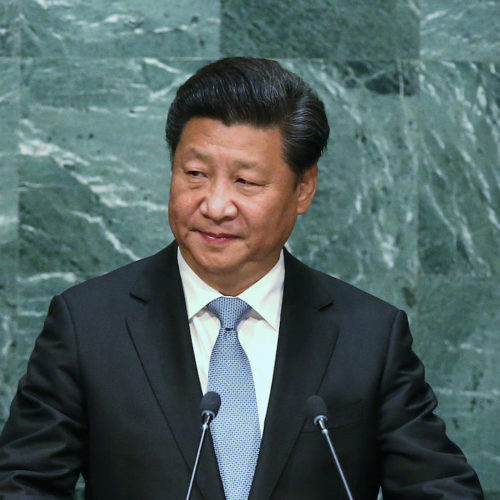
China

Moving China beyond Coal: At Home and Abroad
The tremendous announcement last week by Chinese President Xi Jinping that the nation is ending financing for coal plants abroad stands in contrast to a more complex situation at home. The Chinese economy continues to be strongly dependent on coal both to generate electricity and to make the most…

How China Can Achieve Carbon-Neutral Transport by 2060
Since 2015, China has been actively implementing its commitment to peak carbon emissions by 2030 in line with its nationally determined contribution under the Paris Agreement. And the recently announced 2060 carbon neutrality goal has set higher requirements for different sectors in terms of carbon reduction approaches. RMI estimates that…

Fully Electrifying Delivery Vehicles: Insights from Shenzhen
The topic of urban freight is more important today than ever before. We have seen and experienced firsthand the role of urban delivery vehicles throughout the COVID-19 pandemic as people have relied more heavily on door-to-door delivery services for food, home, and business goods, often through online shopping. However, these…

RMI and ETC Salute China’s Carbon-Neutral Pledge
On September 22, Chinese President Xi Jinping announced that China will scale up its Intended Nationally Determined Contributions by adopting more vigorous policies and measures in order to achieve peak CO2 emissions before 2030 and achieve carbon neutrality before 2060. These remarks were made at the general debate of the…

China’s Timely Charging Infrastructure Plan
Already the country with the most electric vehicle (EV) charging stations in the world—over 1.2 million in 2019—China is soon looking to add around 600,000 more, thanks to an infrastructure stimulus package announced by the central government in March. The package targets “new infrastructure,” a category that includes information technology,…